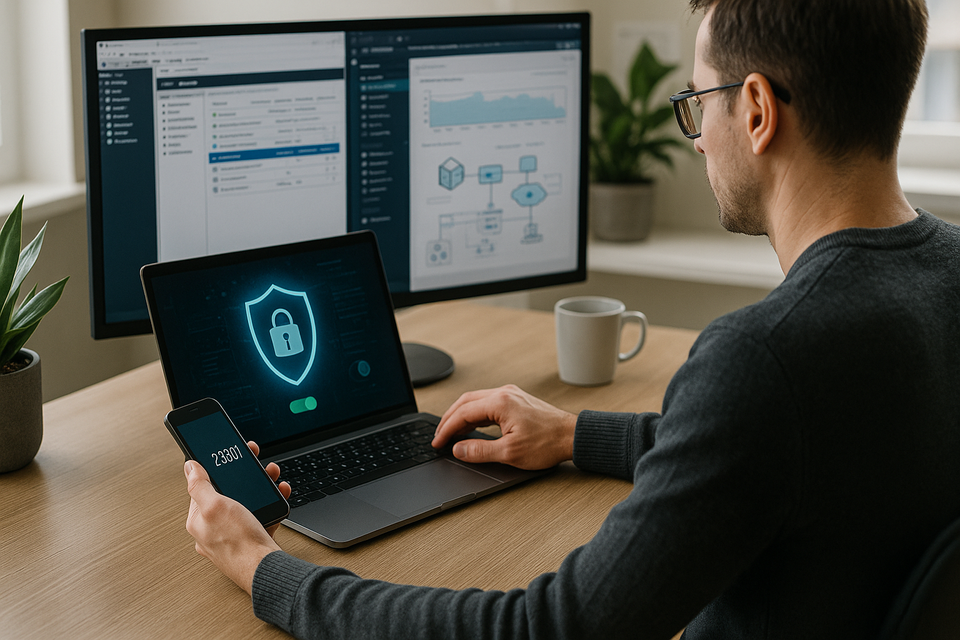How to Stay Safe Online: Cybersecurity Tips for Everyone

The internet is an amazing place — we use it to connect, shop, learn, and work. But it's also full of risks like scams, hackers, and data leaks. The good news? You don’t need to be a tech expert to stay safe online.
Here are practical, easy-to-follow cybersecurity tips that anyone can use to protect themselves.
1. Use Strong, Unique Passwords
Your passwords are the keys to your digital life. Weak or reused passwords make it easy for attackers to break in.
✅ Tips:
- Use at least 12 characters (mix of letters, numbers, and symbols)
- Avoid using the same password on multiple sites
- Consider using a password manager (like Bitwarden or 1Password)
2. Turn On Two-Factor Authentication (2FA)
Even if someone steals your password, 2FA adds a second layer of protection.
📱 How it works: After entering your password, you’ll also need to enter a code sent to your phone or generated by an app.
Most major services (Google, Facebook, Amazon, banks) support 2FA.
3. Watch Out for Phishing Emails and Scams
Phishing is when hackers pretend to be someone you trust to steal your info.
Warning signs:
- Emails or messages with urgent requests
- Links that look strange or lead to weird websites
- Attachments from unknown senders
Always think before you click.
4. Keep Your Software Updated
Software updates aren't just about new features — they often fix security vulnerabilities.
Always update:
- Your operating system (Windows, macOS, Linux)
- Browsers (Chrome, Firefox, etc.)
- Apps on your phone and computer
Turn on automatic updates when possible.
5. Be Careful with Public Wi-Fi
Free Wi-Fi at cafés or airports is convenient — but risky.
Hackers can intercept what you're doing if you're not protected.
✅ What to do:
- Avoid logging into sensitive accounts on public Wi-Fi
- Use a VPN if you must connect
6. Lock Your Devices
Your phone or laptop can hold a lot of personal data. Always use:
- A lock screen password or PIN
- Biometric login (fingerprint or face recognition)
- Automatic screen lock when idle
7. Think Before You Share Online
Oversharing personal info (birthdate, address, vacation plans) can make you an easy target.
Ask yourself:
Would I share this info with a stranger in real life?
If not, don’t post it online.
Final Thought
Cybersecurity doesn’t have to be complicated — it's about forming smart digital habits.
Start with the basics:
- Strong passwords ✅
- 2FA ✅
- Awareness of scams ✅
Small steps can make a big difference in protecting your privacy and identity.
Stay tuned for more simple, actionable guides to help you stay secure online!

Member discussion